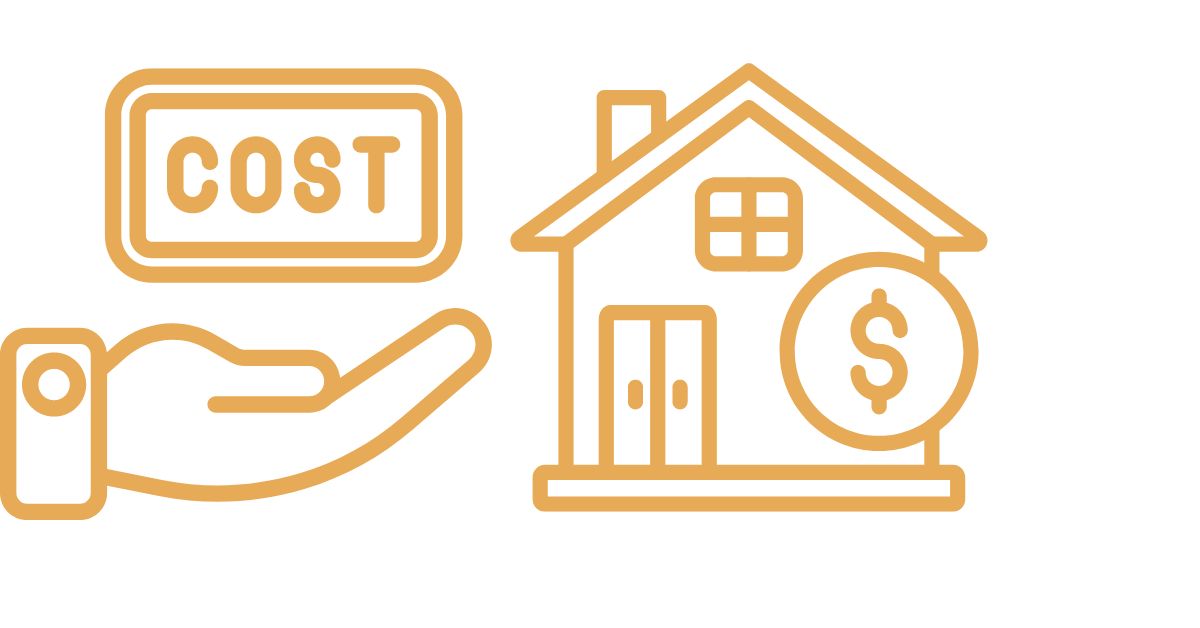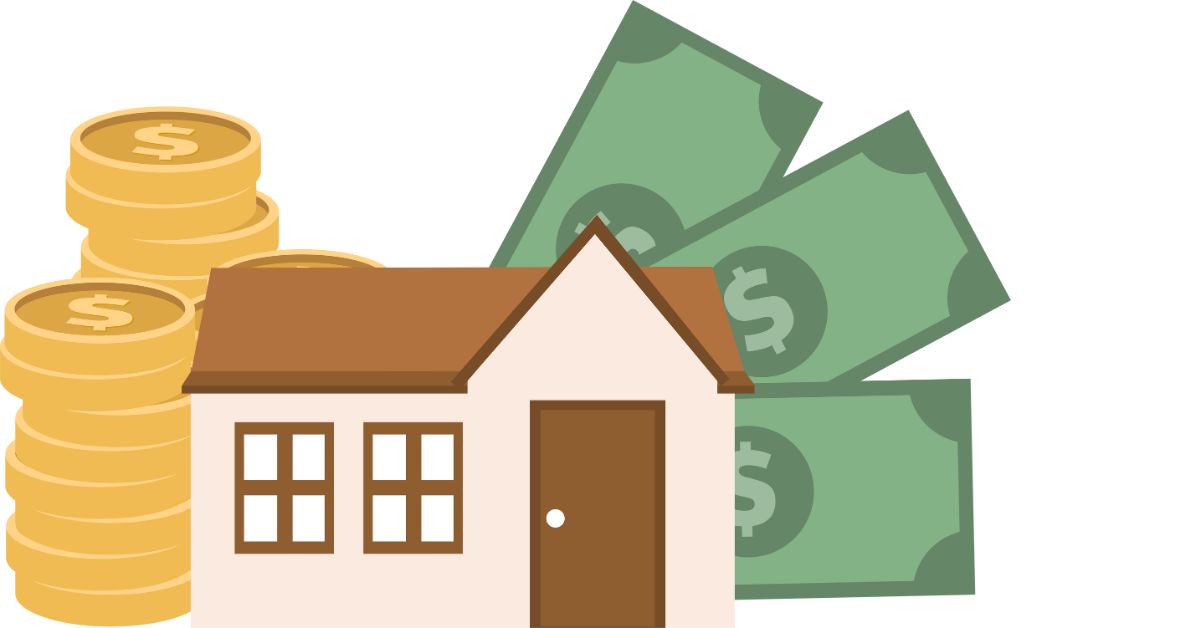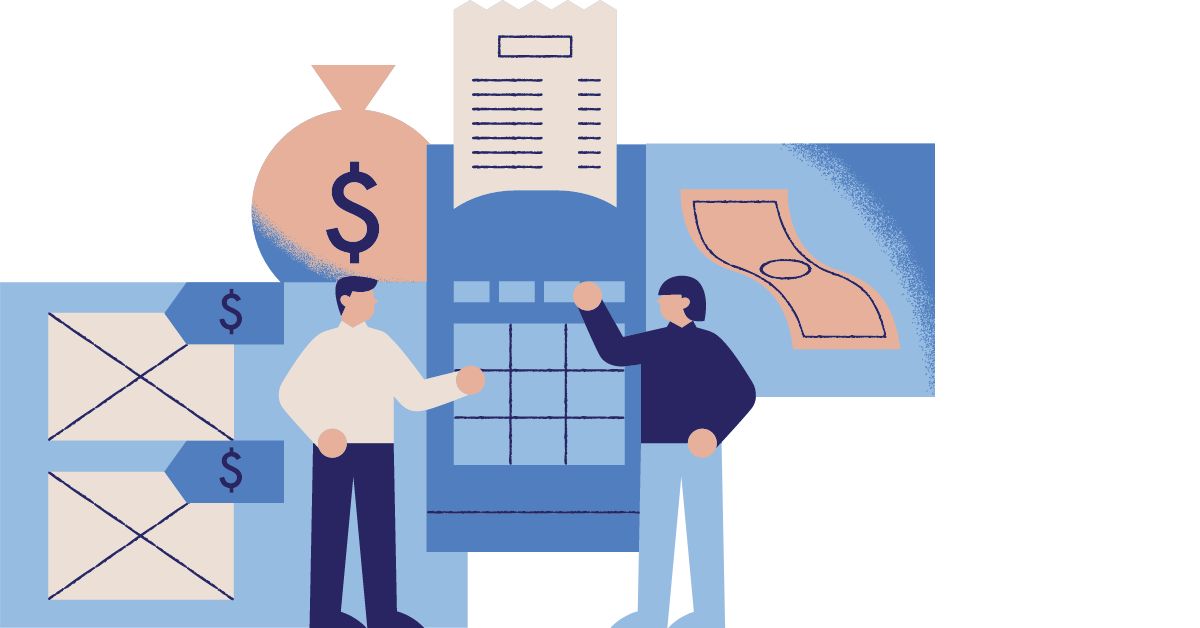Navigating the world of property management can be a complex endeavor.
Understanding the cost of property management is crucial for property owners and investors.
This article aims to shed light on the financial aspects of property management. We will delve into the average cost of property management, the factors influencing these costs, and how to budget for them effectively.
We will also explore the value of hiring professional property management services.
By the end of this article, you will have a comprehensive understanding of property management expenses. This knowledge will empower you to make informed decisions about your property investments.
Understanding Property Management
Property management is a broad field that encompasses a variety of tasks.
These tasks are related to the operation and oversight of real estate.
The primary goal of property management is to preserve the value of a property while generating income.
This is achieved through a combination of tenant management, maintenance, and financial operations.
Understanding the scope of property management services is the first step in assessing the cost of property management.
Scope of Property Management Services
Property management services can be divided into several categories.
These include tenant management, property maintenance, and financial management.
Tenant management involves finding and screening tenants, handling leases, and dealing with tenant issues.
Property maintenance includes regular upkeep, repairs, and renovations to preserve the property's value.
Financial management involves budgeting, rent collection, and financial reporting.
The Value of Professional Property Management
Hiring professional property management can provide significant value to property owners.

Professional property managers have the expertise and resources to handle all aspects of property management efficiently.
They can help reduce vacancies, handle maintenance issues promptly, and ensure compliance with housing laws and regulations.
Moreover, professional property management can provide peace of mind to property owners, freeing them from the day-to-day tasks of managing a property.
Analyzing Property Management Costs
The cost of property management can vary widely based on several factors.
These factors include the size and location of the property, the scope of services provided, and the fee structure of the property management company.

In general, property management costs can be divided into two categories: fixed costs and variable costs.
Fixed costs are those that remain constant regardless of the occupancy rate or rental income.
Variable costs, on the other hand, fluctuate based on the property's performance and the specific services provided.
Average Cost of Property Management
The average cost of property management typically ranges from 8% to 12% of the monthly rental income.
This percentage can be higher or lower depending on the property and the market conditions.
For example, managing a single-family home may cost more as a percentage of rent than managing a large apartment complex.
Fee Structures: Flat Fee vs. Percentage of Rent
Property management companies typically use one of two fee structures: a flat fee or a percentage of rent.
A flat fee is a set amount charged each month, regardless of the rental income.
This can be advantageous for properties with high rental income, as the cost of property management is capped.
On the other hand, a percentage of rent fee structure means the property management cost will increase or decrease with the rental income. This can be advantageous, because it aligns the interests of the management company with the owner: the more money the owner makes, the more money the management company makes, incentivizing the management company to get the best possible rent.
Additional Fees to Consider
In addition to the basic management fee, property management companies may charge additional fees.
These can include setup fees, leasing fees, maintenance markups, and vacancy fees.
Setup fees cover the cost of setting up a new account, while leasing fees are charged for finding and placing new tenants.
Maintenance markups are added to the cost of repairs and renovations, and vacancy fees are charged when a property is unoccupied.
It's important to understand all potential fees when budgeting for property management expenses.
Factors Influencing Property Management Costs
Several factors can influence the cost of property management.
These include the size and location of the property, the condition of the property, and the demographics of the tenants.

Each of these factors can impact the amount of time and resources required to manage the property effectively.
Understanding these factors can help property owners budget more accurately for property management expenses.
Property Size, Location, and Condition
The size of a property can significantly impact the cost of property management.
Larger properties typically require more maintenance and administrative work, which can increase management costs.
The location of the property can also affect costs, as properties in high-demand areas may command higher management fees.
Finally, the condition of the property can influence costs, as properties in poor condition may require more frequent repairs and maintenance.
Tenant Demographics and Property Type
The demographics of the tenants can also impact property management costs.
For example, properties rented by students or short-term tenants may require more frequent tenant turnover and maintenance, increasing management costs.
The type of property can also affect costs.
For instance, managing a commercial property may require specialized knowledge and services, which can increase the cost of property management.
Financial Management in Property Management
Financial management is a crucial aspect of property management.
It involves budgeting for regular maintenance, repairs, and capital expenditures.

Effective financial management can help property owners anticipate costs and avoid unexpected expenses.
Moreover, it can contribute to the long-term financial success of the property.
Budgeting for Repairs and Capital Expenditures
Budgeting for repairs and capital expenditures is a key part of financial management in property management.
Regular maintenance and repairs can prevent more costly problems down the line.
Capital expenditures, such as property upgrades or renovations, can enhance the property's value and attract higher-quality tenants.
Therefore, property owners should factor these costs into their budgeting process.
The Role of Technology in Reducing Costs
Technology can play a significant role in reducing property management costs.
Property management software can automate administrative tasks, saving time and reducing labor costs.
Moreover, technology can facilitate communication between property managers, tenants, and service providers, improving efficiency.
Finally, technology can provide valuable data and insights, helping property owners make informed decisions about their properties.
Maximizing Your Investment
Investing in property management is not just an expense.
It's a strategic decision that can maximize your investment returns.

Effective property management can increase property value, ensure steady rental income, and reduce legal risks.
Moreover, it can enhance the tenant experience, leading to higher tenant retention rates.
Negotiating Property Management Fees
Property management fees are not set in stone.
They can often be negotiated based on the level of services required.
Before signing a contract, property owners should understand the full scope of services included in the fees.
They should also compare the fees with market rates to ensure they are getting a fair deal. But always keep in mind, if you try to negotiate down fees, you may be negotiating down the service you receive also. You may lose out on services or guarantees that come with the higher price point.
Aligning Costs with Investment Goals
Property management costs should align with your investment goals.
If your goal is long-term capital appreciation, investing in regular maintenance and property upgrades can be worthwhile.
On the other hand, if your goal is steady rental income, keeping vacancy rates low and tenant turnover costs in check should be a priority.
In any case, understanding the cost of property management is key to making informed investment decisions.
Conclusion: The Long-Term Benefits of Effective Property Management
In conclusion, effective property management is a long-term investment that can yield significant returns.
By ensuring property upkeep, tenant satisfaction, and legal compliance, it can enhance property value and rental income stability.
Understanding and budgeting for property management costs is therefore crucial for property owners and investors aiming for financial success in the real estate market.

.jpg)
